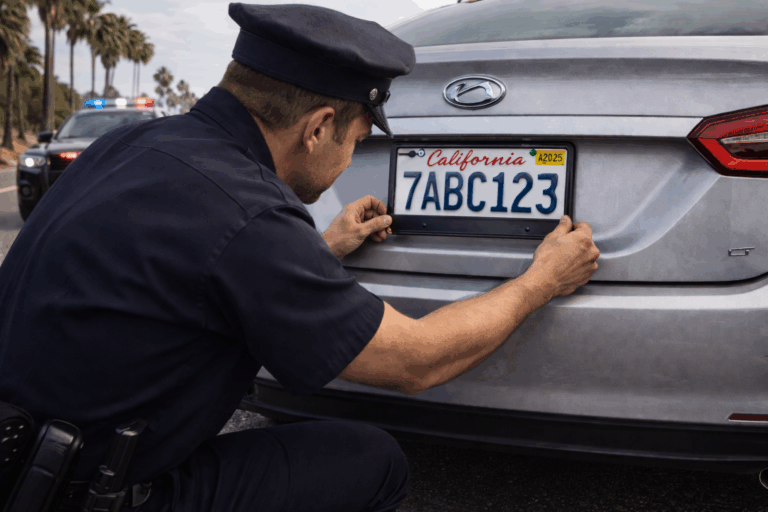It is no surprise that people are routinely searching for how to become a CDL driver. There is a growing need in the industry, and companies are desperate for new interest and new candidates. Unfortunately, the long hours and time away from home can be a negative for many people considering their options. Also, with an increase in driving hours, some might be concerned about traffic tickets and their need for a CDL traffic ticket attorney. However, as long as drivers go through the appropriate amount of training and pass all of their licensing and road exams, then these concerns can be minimized. Therefore, if you are interested in becoming a truck driver but are anxious about the reality of the experience, then learn the process and become familiar with the qualifications.
Minimum Requirements
As with most jobs, there are minimum requirements for becoming a truck driver or even training to become a driver. Before you can qualify for a truck driving school or a CDL license, you will need to make sure that you meet several requirements.
- 21 years old (requirement in most states)
- Legally eligible to work in the state/country
- Clean driving record
- Diploma or GED (depends on the company and school)
Truck Driving School
An excellent way to avoid traffic violations and traffic ticket lawyers is to make sure that you are knowledgeable of traffic laws on a state and federal level, which is why you need to attend a truck driving school. Reputable schools offer both classroom and practical skills training. Classroom sessions will typically teach you about truck driving laws and regulations. For practical skills training, you will probably get behind the wheel of an actual commercial vehicle. The tuition and length of each program vary by school. For instance, some intensive programs last only 30 days while longer, more in-depth programs can take a full year.
Licensing Exam
Is a CDL a certification? This is a very common question. CDL, however, stands for commercial driver’s license. Therefore, a CDL is a license and not necessarily a certification. Although, having a CDL demonstrates the successful completion of both a written exam and road test, which both speak to your skills as a commercial driver. Beyond the CDL exams, you can take additional tests for endorsements, which might require further background checks. For example, the hazardous materials endorsement often requires that you pass a background check with the TSA.
FMCSA Exam
The Federal Motor Carrier Safety Administration exam is a test that covers both federal traffic law and physical fitness. While the written exam is a one-and-done if you pass, the physical exam is repeated every two years.
Job Placement
Many reputable truck driving schools have job placement to help you secure a job after graduation. By attending one of these programs and taking advantage of their industry connections, it is possible to land a job within 30 to 60 days of successful program completion. However, if you are not attending a program with job placement, then consider contacting companies directly.
Orientation and Training
Once hired, you will likely need to attend a company orientation and then further training. The orientation will probably last anywhere from three to five days, and you will learn about the company and fill out required paperwork. Then, you will enter the company training period, working alongside a mentor for several weeks or months to learn routes, procedures and company policies.
Road Test
After training, you will have to complete another road test and possible written exam. If you pass, then you will probably be assigned your truck and delivery route, which you alone are responsible for.
If you meet the truck driver qualification of being at least 21 years old with a clean driving record, then consider this career option. However, with the increased driving time, have a lawyer on-call.



